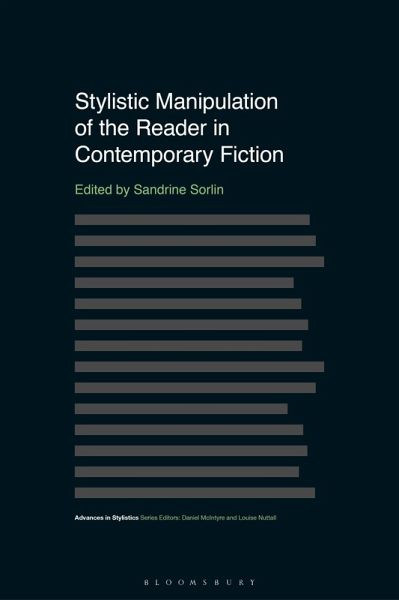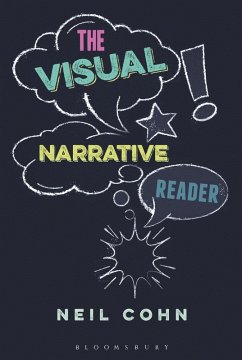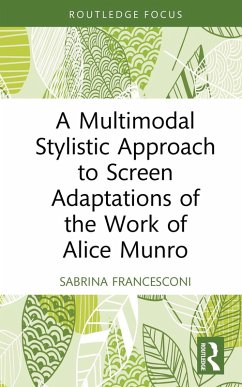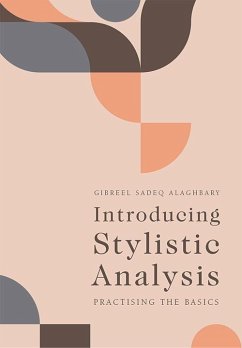
Stylistic Manipulation of the Reader in Contemporary Fiction (eBook, ePUB)

PAYBACK Punkte
13 °P sammeln!
This book focuses on how readers can be 'manipulated' during their experience of reading fictional texts and how they are incited to perceive, process and interpret certain textual patterns. Offering fine-grained stylistic analysis of diverse genres, including crime fiction, short stories, poetry and novels, the book deciphers various linguistic, pragmatic and multimodal techniques. These are skilfully used by authors to achieve specific effects through a subtle manipulation of deixis, metalepsis, dialogue, metaphors, endings, inferences or rhetorical, narratorial and typographical control.Exp...
This book focuses on how readers can be 'manipulated' during their experience of reading fictional texts and how they are incited to perceive, process and interpret certain textual patterns. Offering fine-grained stylistic analysis of diverse genres, including crime fiction, short stories, poetry and novels, the book deciphers various linguistic, pragmatic and multimodal techniques. These are skilfully used by authors to achieve specific effects through a subtle manipulation of deixis, metalepsis, dialogue, metaphors, endings, inferences or rhetorical, narratorial and typographical control.
Exploring contemporary texts such as The French Lieutenant's Woman, The Remains of the Day and We Need to Talk About Kevin, chapters delve into how readers are pragmatically positioned or cognitively (mis)directed as the author guides their attention and influences their judgment. They also show how readers' responses can, conversely, bring about a certain form of manipulation as readers challenge the positions the texts invite them to occupy.
Exploring contemporary texts such as The French Lieutenant's Woman, The Remains of the Day and We Need to Talk About Kevin, chapters delve into how readers are pragmatically positioned or cognitively (mis)directed as the author guides their attention and influences their judgment. They also show how readers' responses can, conversely, bring about a certain form of manipulation as readers challenge the positions the texts invite them to occupy.













